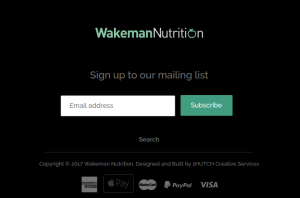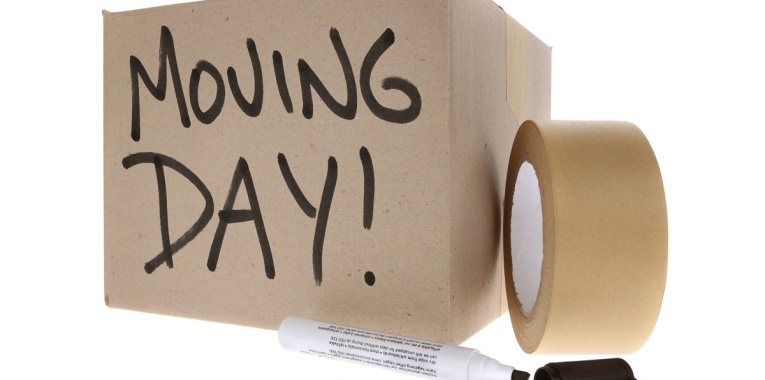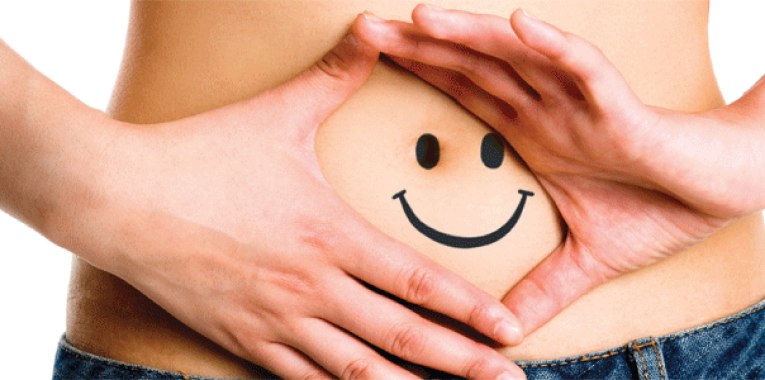I have spent the last 7 days dealing with vomit and diarrhoea (not mine I might add!) combined with a weeks’ worth of lectures I have dedicated to poo talk, wind, bloating and mucous. Just a typical week in the life of a mum and an academic, oh joy!
To add the icing on the cake I thought it only natural to bring you a series of tips on boosting your gut health this month . Coincidentally April is dedicated to IBS, bowel cancer and stress awareness – as you will find, these 3 things link together very closely!
- 1 in 4 of us in the UK are affected by poor digestive health
- Up to 20% are affected by IBS
- Over 40,000 people are diagnosed with bowel cancer each year
Clearly, digestive problems affect many people and for some the symptoms can be exhausting and debilitating. For many however, just small and simple changes to our diet and lifestyle can make a big difference in terms of our digestion and overall well-being. So no excuses, stop abusing your guts and start taking care of them – the impact of unhappy guts spreads far beyond your digestive system.
If you are in the no / low carb camp then you need to read this one!
1. Increase fibre intake
Yes, dietary fibre is a type of carbohydrate. WE NEED FIBRE!
Fibre helps to keep our gut moving, keeps you ‘regular’ and reduces the likelihood of becoming constipated. If you need more convincing, fibre helps to prevent haemorrhoids (aka piles) and lowers our risk of developing bowel cancer.
Poo talk and bowel habits are such taboo subjects. But we all do it! Even though we lock oursleves away and if other men are anything like my husband, some can spend hours in there (!) we need to get into the habit of talking about it and taking notice. Altered bowel habits can be a sign that something is not right and they can also be a sign of something sinister.
Current dietary advice states we should be eating a variety of fibre containing foods. In the UK most people do not eat enough fibre (the average intake is ~15g/day) which is way off the recommended 30g per day. It’s certainly not impossible (get working on your 10 a -day) but a highly processed (junk food) diet will mean you’re going to fall short.
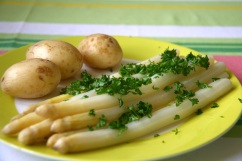
Ideally we should be having a mixture of soluble and insoluble fibre in our diet. Eating more fruit and vegetables (with the skins on where possible) is a great start.
We don’t have the ability (like cows and other cud chewers) to digest and absorb fibre. But it is precisely this property that confers so many benefits to our bowels.
Soluble fibre
Soluble fibre is broken down by the bacteria that live in our bowel (they ferment it). Soluble fibre becomes jelly-like (making it easier to pass stools) and is great at holding onto toxins and also cholesterol. Eating soluble fibre helps us create a nice mutual relationship with our bacteria; we give them food from which they generate energy, and in return they help us out……….
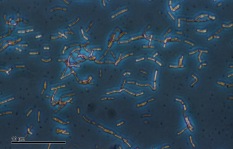
Particularly eating more soluble fibre, will help boost the numbers of ‘good’ bacteria in our gut. In return, they provide us with some nutrients (B & K vitamins) and they also work to keep any harmful bacteria at bay, in other words they keep our gut happy. The by-products of fermentation have also be shown to help lower cholesterol levels in addition to stabilising our blood sugar levels (reducing the risk of developing type 2 diabetes). Pretty clever eh?!
Good sources of soluble fibre include:
- oats
- bananas
- apples
- carrots
- potatoes
- peas
- beans
- lentils
Foods that will particularly help increase the numbers of good bacteria in our bowel include onions, garlic, leeks, asparagus, and soya beans.
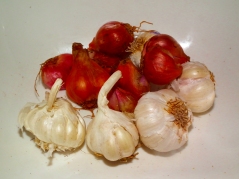
These are known as prebiotic foods; you can buy prebiotic-containing foods otherwise known as functional foods from the supermarket; look for ‘live’ yoghurt and prebiotic yoghurt drinks (like Yakult), some breakfast cereals and cereal bars (but do watch the sugar content of some of these ready-made foods).
Insoluble fibre
Insoluble fibre is very much like a sponge and absorbs lots of water (about 15 times it’s weight). It is completely indigestible but it is this feature that gives ‘bulk’ to our stools and really gets our guts moving. Insoluble fibre so is often referred to as ‘natures’ broom’
The profound ‘mopping up’ effect also helps to effectively remove waste products, toxins ans potentially carcinogenic substances from the gut so this type of fibre is hugely important in protecting the gut from cancer.
Good sources of insoluble fibre include
- wholemeal breads
- whole grain breakfast cereals
- bran
- nuts
- dried fruit
- brown rice
When you decide to increase your fibre intake it is important you do this gradually. A sudden increase in fibre can make you very windy, leave you feeling bloated and uncomfortable. Too much soluble fibre can also do this and can increase symptoms in those that suffer from IBS.

When upping your fibre intake it is vital you drink plenty of fluids; at least 1.5 litres a day as the fibre will absorb this water which helps ensure a more ‘gentle’ action. It doesn’t have to be just water; just be sensible about what you are drinking but get those (low sugar) fluids down 
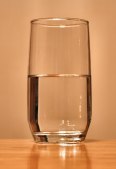
Next up:
- Probiotics – do they really work?
- Stress and digestion – what really happens when we get all worked up!
If you like it, share it!
 If you enjoy my writing, please do come with me as I will continue to sort out the myths from the facts and make sense of nutrition nonsense, with the odd rant thrown in too.
If you enjoy my writing, please do come with me as I will continue to sort out the myths from the facts and make sense of nutrition nonsense, with the odd rant thrown in too.